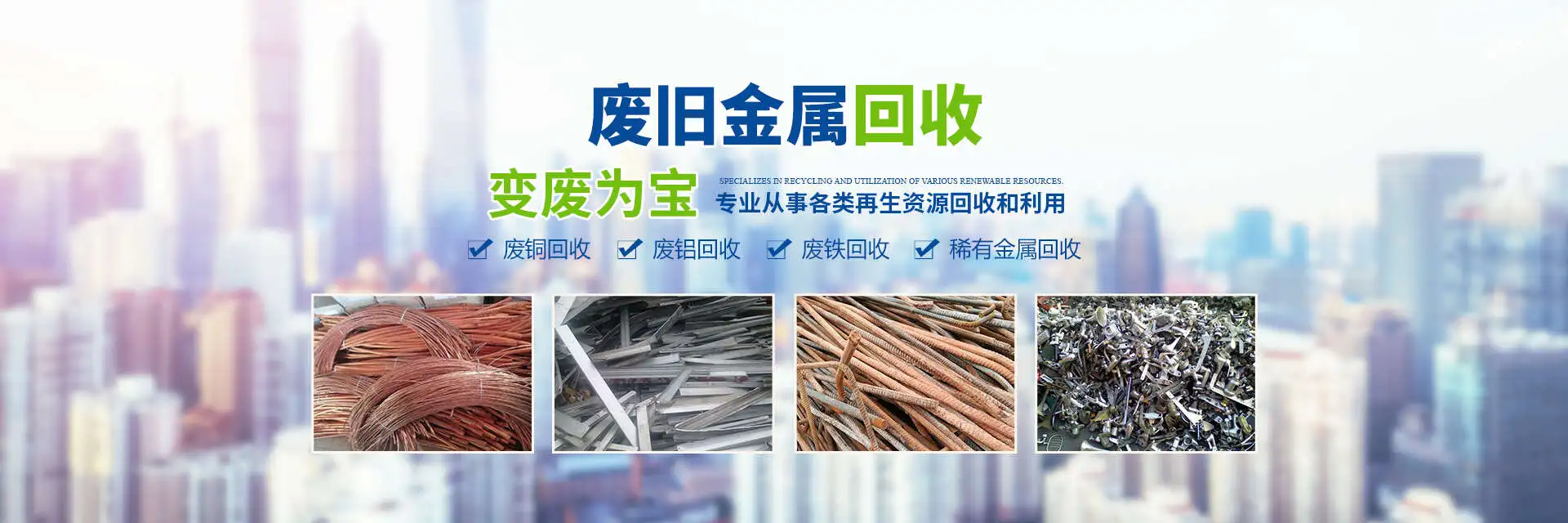广州垃圾法令帮助垃圾回收利用
In Guangzhou city in south China’s Guangdong Province, the garbage generated by the city has hit a 7 percent year-on-year increase, almost at the same pace with the city’s rising GDP.
Guangzhou issued first garbage classification regulation in 2011
It has been a whole year since the southern China metropolis issued the country’s first garbage classification regulation. But how is it going now?
While Guangzhou enjoys an economic boom, the amount of the garbage is on the up too. The city produces nearly 18, 000 tons of garbage a day, but most of the trash is buried or burnt. Only about 33 percent of the garbage is recycled.
The garbage decree requires residents to sort garbage accordingly
This poses a great risk to the environment and the health of residents near dumps. About one year ago, in order to enforce garbage classification, Gaungzhou started to implement a garbage decree - the first in China. This requires residents to put garbage into four separate bins labeled recyclable waste, kitchen waste, hazardous waste and other.
"The leftovers and fruit peel is kitchen waste. Plastic bags, paper and cigarette ends belong to the other waste."
Guangzhou issued first garbage classification regulation in 2011
It has been a whole year since the southern China metropolis issued the country’s first garbage classification regulation. But how is it going now?
While Guangzhou enjoys an economic boom, the amount of the garbage is on the up too. The city produces nearly 18, 000 tons of garbage a day, but most of the trash is buried or burnt. Only about 33 percent of the garbage is recycled.
The garbage decree requires residents to sort garbage accordingly
This poses a great risk to the environment and the health of residents near dumps. About one year ago, in order to enforce garbage classification, Gaungzhou started to implement a garbage decree - the first in China. This requires residents to put garbage into four separate bins labeled recyclable waste, kitchen waste, hazardous waste and other.
"The leftovers and fruit peel is kitchen waste. Plastic bags, paper and cigarette ends belong to the other waste."


